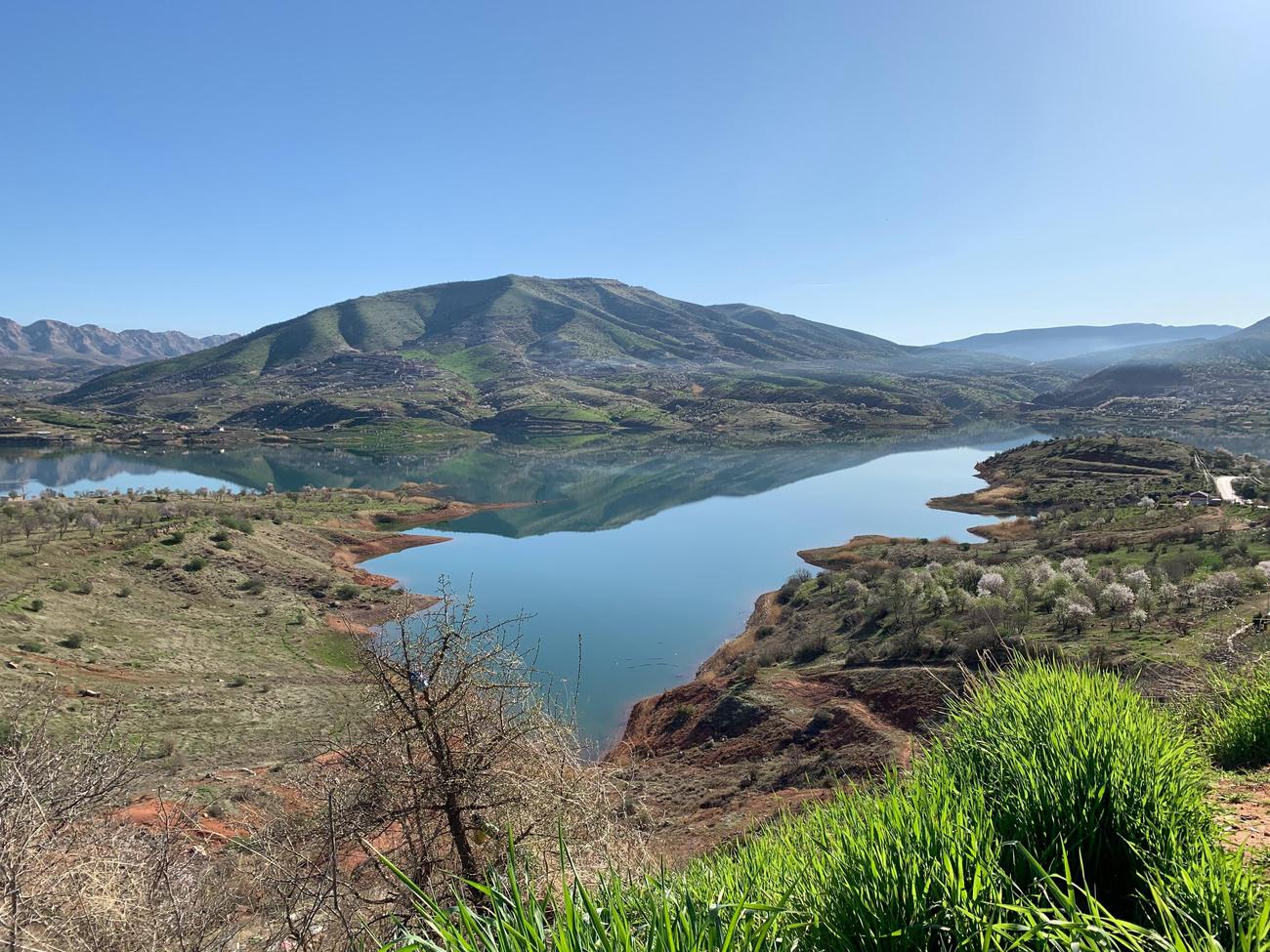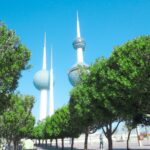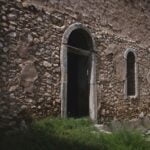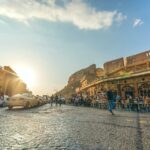Are you ready to embark on an intellectual journey, delving deep into the rich and enigmatic tapestry that is Iraq’s reality? Brace yourself for an exploration of a land steeped in history, colored by conflict, and shaped by cultural diversity. In this article, we will unravel the complexities of Iraq and shed light on five essential facts that illuminate its multifaceted nature. Join me as we navigate through the labyrinth of Iraq’s socio-political landscape, guided by insightful analysis and an unwavering commitment to truth. Prepare to be captivated by a wealth of knowledge, expertly woven into a concise and compelling narrative. So, buckle up and let’s embark on a voyage of discovery as we unveil the five essential facts about Iraq.
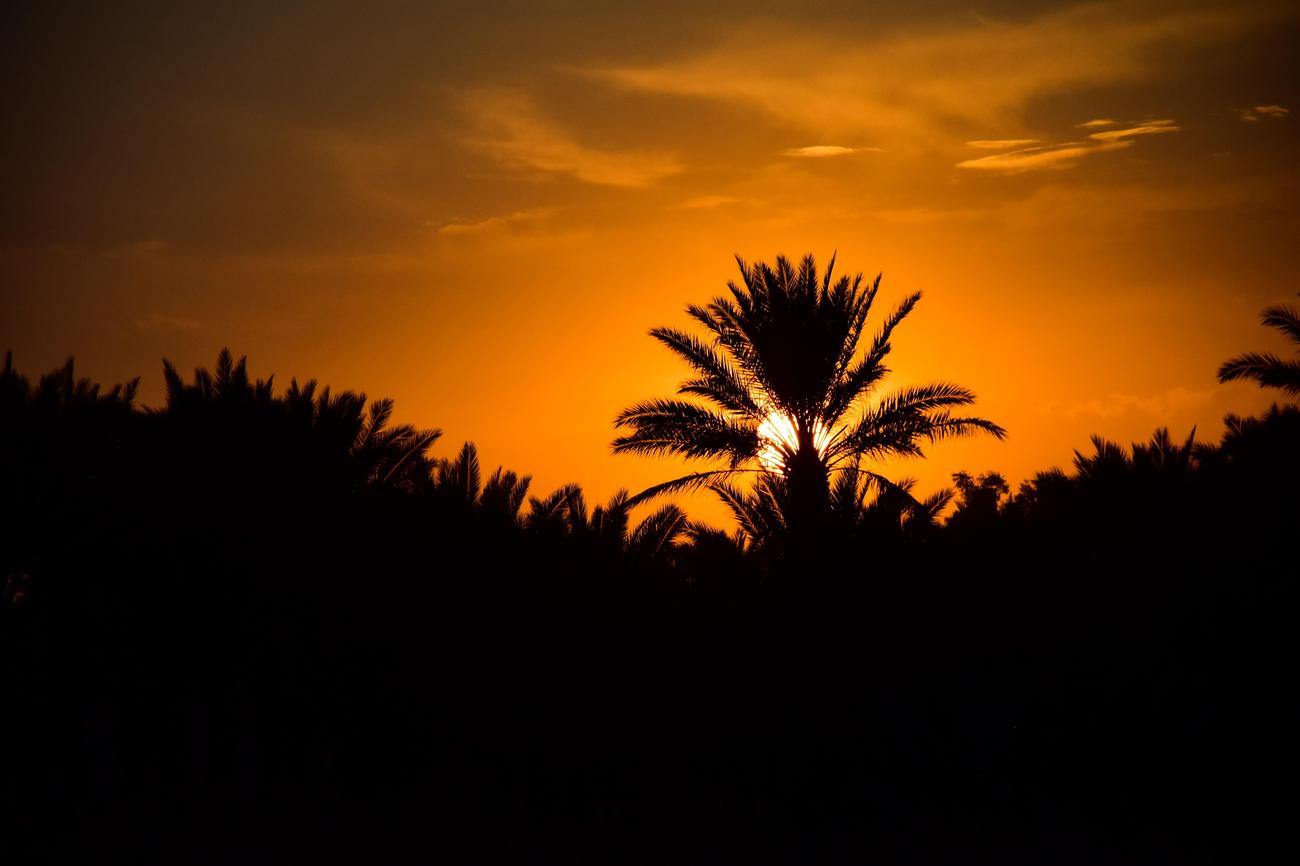
What Are 5 Facts About Iraq?
Iraq, a country situated in the heart of the Middle East, is a land rich in history and complexity. With its capital city, Baghdad, as the focal point, Iraq has witnessed the rise and fall of empires, shaping its diverse socio-political landscape. Let’s delve into this fascinating nation and uncover five essential facts about Iraq.
Fact 1: Cradle of Civilization – Mesopotamia
Iraq is widely recognized as the site of ancient Mesopotamia, often referred to as the “Cradle of Civilization.” This region witnessed the birth of some of the earliest known human civilizations, including the Sumerians, Assyrians, and Babylonians. From the invention of writing systems to advancements in agriculture and architecture, Mesopotamia laid the foundation for human progress. The remnants of this glorious past can still be found in Iraq, serving as a testament to its historical significance.
Mesopotamia, the birthplace of human innovation and ingenuity, has left an indelible mark on Iraq’s cultural heritage.
Fact 2: Oil-rich Nation and the Mighty Rivers
Iraq stands as a major player in the global oil market, holding vast reserves of this precious resource. Its oil production not only significantly contributes to the country’s economy but also influences the global energy landscape. Additionally, Iraq is blessed with two legendary rivers, the Tigris and the Euphrates, which have shaped the development of civilization throughout history. These majestic waterways not only provide sustenance and irrigation for agriculture, but also serve as symbols of Iraq’s rich natural endowment.
With its flourishing oil industry and the life-giving powers of the Tigris and Euphrates, Iraq stands at the nexus of economic and geographical importance.
Fact 3: From Kingdom to Republic
Iraq’s path to independence has been marked by transformations in its political structure. After gaining independence from British occupation in 1932, Iraq initially became a kingdom. However, a shift occurred in 1958 when a coup d’état led to the establishment of the Republic of Iraq. This change brought about a series of social and political reforms, shaping the country’s trajectory towards modernization.
From monarchy to republicanism, Iraq’s political journey reflects the desire for progress and self-determination within its people.
Fact 4: Conflicts and Sanctions
Iraq’s recent history has been marred by conflicts and international sanctions. In 1990, Iraq’s invasion of Kuwait triggered a chain of events that led to a series of conflicts, including the Gulf War and subsequent U.S. and coalition-led military interventions. These conflicts, combined with United Nations-imposed sanctions, have had a profound impact on Iraq’s economy, infrastructure, and population, shaping the challenges it faces today.
The legacy of conflicts and sanctions continues to shape Iraq’s present reality, while its people strive for stability and progress.
Fact 5: Diversity and Cultural Mosaic
Iraq proudly stands as a diverse nation, boasting a blend of ethnic and linguistic groups. While the majority of the population practices Islam, Iraq is home to various religious and ethnic communities, including Arabs, Kurds, Assyrians, Turkmen, and more. This cultural mosaic gives Iraq its unique identity and contributes to the country’s vibrant tapestry of traditions, languages, and customs.
Iraq’s vibrant tapestry of cultures and religions reflects its commitment to diversity and fostering intercultural harmony.
As we conclude our exploration, we’ve uncovered five essential facts about Iraq, shedding light on its historical heritage, natural resources, political evolution, turbulent past, and diverse population. By understanding these facets, we can gain a deeper appreciation for the complexities and realities that define this fascinating Middle Eastern country.
The history of Iraq is rich and diverse, full of fascinating stories and intriguing facts. If you’re curious to discover some of the most interesting facts about Iraq, click here to explore our collection. From ancient civilizations to modern-day cultural treasures, there’s so much to learn about this captivating country. Join us on this journey through time and uncover the hidden gems that make Iraq truly unique. Don’t miss out on this opportunity to expand your knowledge and explore the wonders of Iraq firsthand. So what are you waiting for? Start your adventure now! interesting facts about iraq
What Are 5 Facts About Iraq?
Iraq is a country steeped in rich history and cultural intricacies. If you’re curious to learn more about the fascinating history of Iraq, click here to discover some interesting facts about Iraq’s past and present. From ancient civilizations to modern-day traditions, this article will take you on a journey through the captivating tapestry of Iraq’s heritage. So, grab a cup of tea and dive into the facts about Iraq history by clicking on this link: facts about Iraq history.
As you delve deeper into the cultural intricacies of Iraq, you’ll find a treasure trove of traditions and practices that make this nation truly unique. From the vibrant markets of Baghdad to the peaceful marshlands of Basra, Iraq offers a diverse range of experiences for those willing to explore. Click here to embark on a journey through the cultural intricacies of Iraq and discover the hidden gems that await you. Don’t miss out on this opportunity to immerse yourself in the beauty and complexity of Iraq’s cultural heritage by clicking on this link: cultural intricacies of Iraq.
There’s so much more to learn and explore about Iraq, so keep reading and clicking on these links to uncover the wonders that await you in this fascinating country.
10+ Fascinating Facts About Iraq
[youtube v=”KJd3RO6hSgE”]
Iraq, the land of ancient Mesopotamia and known as the “Cradle of Civilization,” is a country with a rich cultural heritage and a complex history. Situated in the Middle East, Iraq is renowned for its significant role in the global oil market and its strategic location between the Tigris and Euphrates rivers. Transitioning from a kingdom to a republic, Iraq has faced numerous challenges, including conflicts and international sanctions. This diverse nation boasts a melting pot of ethnic and linguistic groups, demonstrating its commitment to diversity.
Here are some incredible facts about Iraq:
1. Ancient Mesopotamia: The Cradle of Civilization
Iraq holds the distinction of being the site of ancient Mesopotamia, often referred to as the “Cradle of Civilization.” This region is recognized as one of the earliest centers of human civilization, where writing, agriculture, and complex societies emerged.
“Iraq is truly a treasure trove of ancient history, with Mesopotamia playing a crucial role in the development of human civilization.”
2. Key Player in the Global Oil Market
Iraq is a major player in the global oil market, possessing vast reserves of petroleum. The country ranks among the world’s top oil producers and is a critical supplier of oil to the international community.
“Iraq’s significant oil reserves have positioned it as a key player in global energy markets, contributing to its economic and geopolitical importance.”
3. Transition from Kingdom to Republic
After gaining independence from British occupation in 1932, Iraq transitioned from a kingdom to a republic. This shift marked a significant moment in the country’s history and set the stage for its development as a modern nation.
“Iraq’s transition from monarchy to a republic represented a pivotal moment in its quest for self-determination and sovereignty.”
4. Turbulent History: Conflicts and Sanctions
Iraq has faced a tumultuous history filled with conflicts and international sanctions. The country endured the devastating Gulf War and subsequent military interventions that have shaped its political landscape and impacted its population.
“Iraq’s history has been marred by conflicts and international sanctions, leaving a lasting impact on its people and societal fabric.”
5. Diversity: A Blend of Ethnic and Linguistic Groups
Iraq is a diverse nation, home to a blend of ethnic and linguistic groups. The country’s population consists of Arabs, Kurds, Turkmen, Assyrians, and other minority groups. This diversity reflects Iraq’s commitment to inclusivity and cultural richness.
“Iraq’s diverse population showcases the tolerance and acceptance of different ethnic and linguistic groups, contributing to its cultural vibrancy.”
These are just a few of the incredible facts that highlight the unique characteristics of Iraq. From its historical significance as the Cradle of Civilization to its important role in the global oil market, Iraq is a country with a fascinating past and a promising future.
Note: The information in this article is based on historical and cultural knowledge about Iraq, and not directly from the video transcript.
FAQ
What is the capital city of Iraq?
The capital city of Iraq is Baghdad.
What is the significance of Iraq in history?
Iraq is known for being the site of ancient Mesopotamia, one of the cradles of civilization.
What is the main natural resource of Iraq?
Iraq is a major oil-producing country.
When did Iraq gain its independence?
Iraq gained its independence as a kingdom in 1932 and later became a republic in 1958.
What was the impact of Iraq’s invasion of Kuwait?
In 1990, Iraq invaded Kuwait, leading to a series of conflicts and sanctions.
- Georgia Platform: A Southern Strategy, 1850s - March 31, 2025
- How many weeks is 40 days: Quick Conversion Guide for Accurate Results - March 31, 2025
- How many feet is 300 meters? 984 Feet: Understand Length Conversions Easily - March 31, 2025
